Persistent high blood pressure
Before being treated at the National Children's Hospital (Hanoi), the 14-year-old patient (male, residing in Nam Dinh) had persistent high blood pressure. He had been examined and treated in many places with a diagnosis of glomerulonephritis, but his condition did not improve.
Recently, the patient was found to have bilateral adrenal tumors during a health check-up at a local hospital and was transferred to the Center for Endocrinology, Metabolism, Genetics and Molecular Therapy - National Children's Hospital. Here, the patient underwent in-depth tests, ultrasound, and X-rays to accurately determine the tumor.
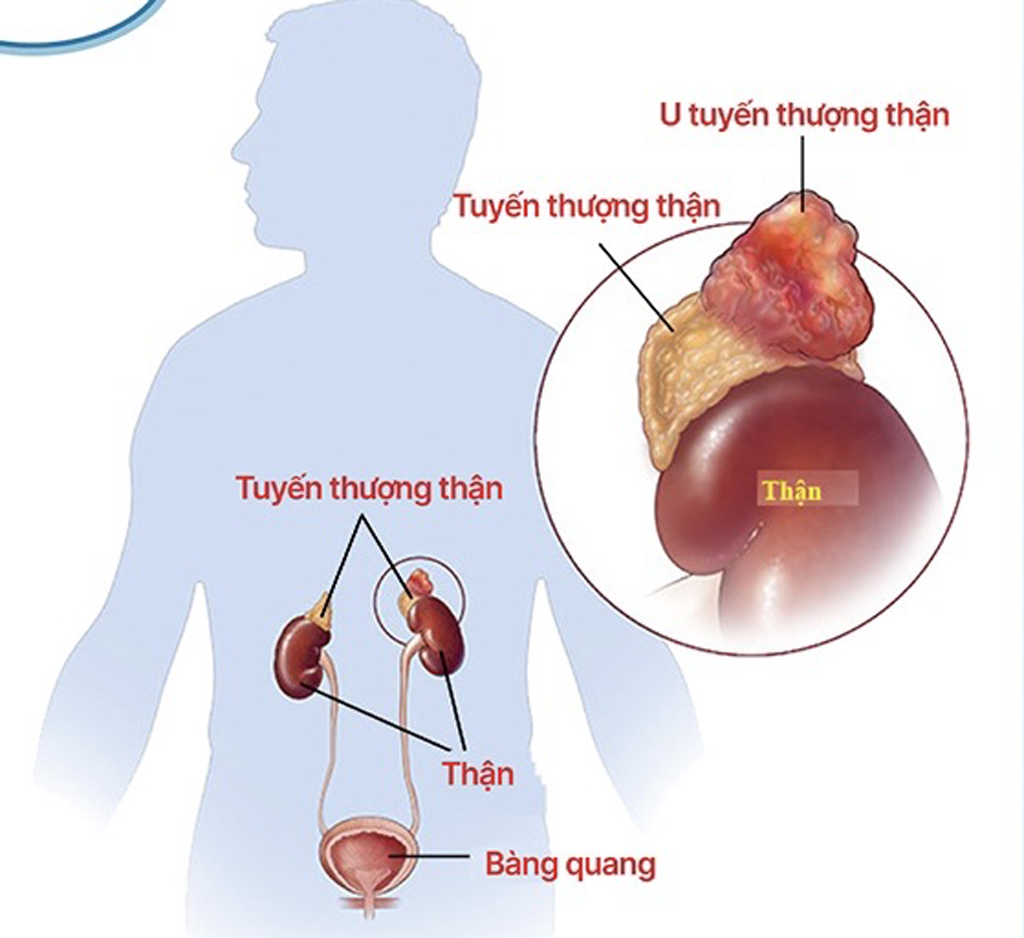
According to the National Children's Hospital, the adrenal gland consists of two parts: the adrenal medulla maintains blood pressure and heart rate; the adrenal cortex secretes three types of hormones that help regulate metabolic intermediaries and immune responses, blood pressure, circulating volume, and electrolytes. In particular, the middle layer of the adrenal cortex secretes hormones that have anti-stress and anti-inflammatory effects, and participate in the metabolism of sugar, fat, and protein. The innermost layer of the cortex plays a role in sexual development during the fetal period. Therefore, hormones in the adrenal gland are very important to maintain human life.
For the case of unilateral adrenal gland, doctors at the National Children's Hospital have encountered, treated and operated on many cases. But with bilateral adrenal gland tumors, this is the first time in about 20 years. Doctors assess this as a complicated case. Because if two tumors are removed, there is a high possibility that both adrenal glands will have to be removed. Removing the entire adrenal gland can easily cause acute adrenal failure, hemodynamic disorders, heart rhythm disorders, salt and water metabolism disorders, loss of the body's ability to withstand stress..., even leading to death. The National Children's Hospital held an interdisciplinary consultation to come up with a treatment plan.
One month before surgery, the patient was treated to normalize blood pressure, limiting dangerous fluctuations in blood pressure during surgery. The patient was also treated to reduce the secretion of catecholamines into the blood and reduce the risk of massive bleeding during surgery.
After that, the patient underwent laparoscopic surgery, completely removing the two adrenal tumors, trying to preserve part of the right adrenal gland. The surgery required careful and meticulous manipulation, because touching the tumor could easily cause a sudden increase in blood pressure leading to cerebral hemorrhage, acute heart failure, and myocardial infarction.
After surgery, the patient received special care to control risk factors such as: hemodynamic disorders, hypotension; risk of hypoglycemia and electrolyte disorders (hyperkalemia, hypokalemia); bleeding, postoperative infection. Currently, the patient is stable, alert, and blood pressure has returned to normal.
Vague, easily missed symptoms
Associate Professor, Dr. Vu Chi Dung, Director of the Center for Endocrinology, Metabolism, Genetics and Molecular Therapy - National Children's Hospital, said that adrenal tumors are very rare, accounting for about 0.2 - 0.4%/100,000 people each year. In children, it is even rarer, accounting for about 10% of all detected adrenal tumors; and bilateral adrenal tumors account for only about 10% of children with adrenal tumors. Each year, at the National Children's Hospital, there are about 1 - 2 patients treated for adrenal tumors.
Doctors note that for adrenal tumors, there may be symptoms such as: headache, high blood pressure, palpitations, sweating... These symptoms are often very vague and easy to miss if not thoroughly examined clinically. Normally, if there are symptoms of high blood pressure, the patient will most likely be diagnosed with glomerulonephritis, only when there is suspicion and additional specialized tests and ultrasound can it be detected.
Therefore, in addition to regular health check-ups, when children have symptoms of high blood pressure that cannot be controlled with medication, families should take their children to a specialized hospital for examination and proper diagnosis as soon as possible.
Source link


![[Photo] Magical moment of double five-colored clouds on Ba Den mountain on the day of the Buddha's relic procession](https://vphoto.vietnam.vn/thumb/1200x675/vietnam/resource/IMAGE/2025/5/9/7a710556965c413397f9e38ac9708d2f)
![[Photo] Russian military power on display at parade celebrating 80 years of victory over fascism](https://vphoto.vietnam.vn/thumb/1200x675/vietnam/resource/IMAGE/2025/5/9/ce054c3a71b74b1da3be310973aebcfd)

![[Photo] Prime Minister Pham Minh Chinh chairs a special Government meeting on the arrangement of administrative units at all levels.](https://vphoto.vietnam.vn/thumb/1200x675/vietnam/resource/IMAGE/2025/5/9/6a22e6a997424870abfb39817bb9bb6c)

![[Photo] General Secretary To Lam and international leaders attend the parade celebrating the 80th anniversary of the victory over fascism in Russia](https://vphoto.vietnam.vn/thumb/1200x675/vietnam/resource/IMAGE/2025/5/9/4ec77ed7629a45c79d6e8aa952f20dd3)




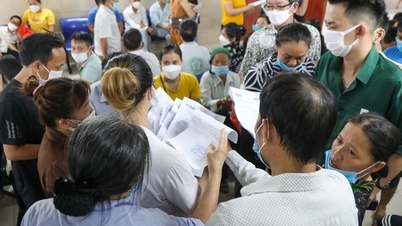
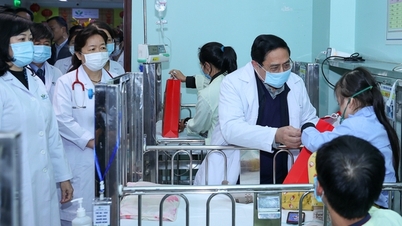


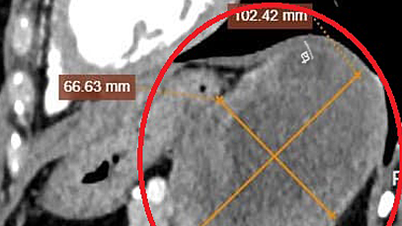
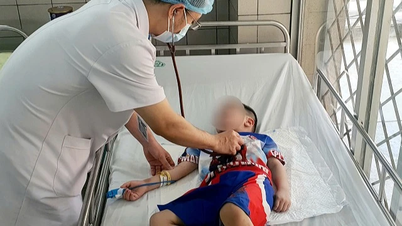
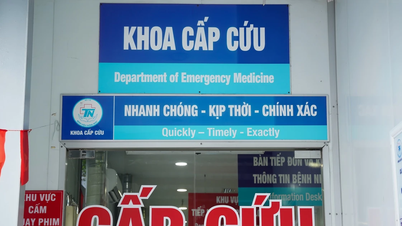

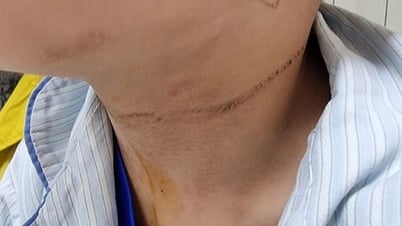

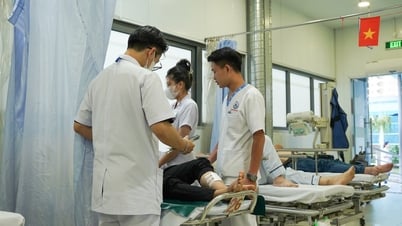
























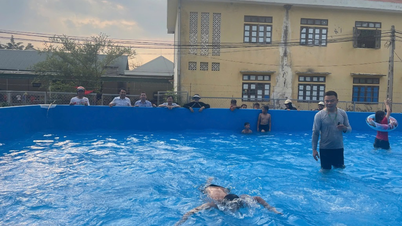




























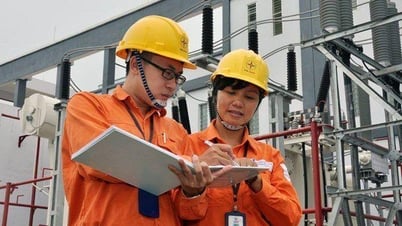




















Comment (0)